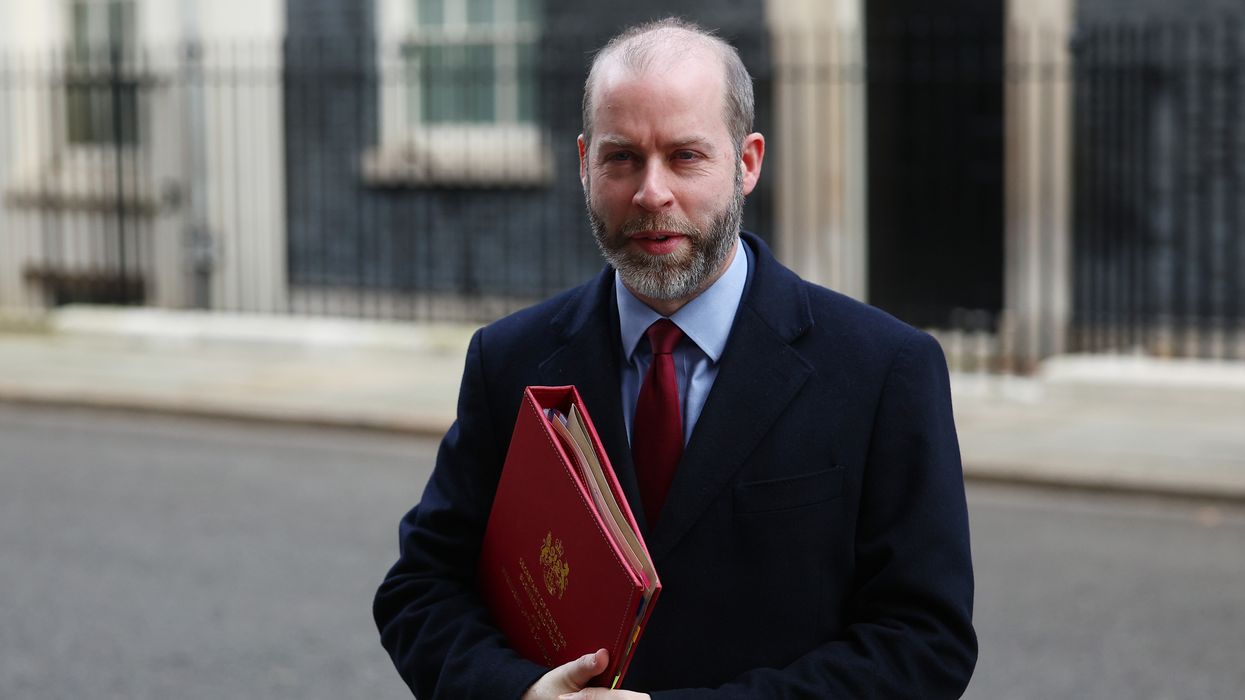BUSINESS and trade secretary, Jonathan Reynolds, on Monday (27) revealed plans to visit India next month with a focus on finalising the Free Trade Agreement (FTA) negotiations as the UK government aims to enhance bilateral ties.
The visit comes after prime minister Sir Keir Starmer last year announced an early 2025 relaunch of UK-India FTA talks, following his meeting with prime minister Narendra Modi on the sidelines of the G20 Summit in Brazil in November.
The trade talks were stalled by the 2024 general elections in both India and the UK.
“India is a top priority partner for the UK, and we want to elevate that ambition across all aspects of our relationship, but also to take it to new heights,” said Reynolds in London.
He added, “I want to reaffirm the UK's commitment to deliver growth for both countries through the trade deal we're talking about, through the Comprehensive Strategic Partnership and the Technology Security Initiative.
“And I can let you know, exclusively, I hear what you say about urgency, [that] I've just been finalising my own visit to India next month to make sure we proceed on that basis.”
Reynolds highlighted the strength of the bilateral trading relationship which stood at £41 billion in the year until September 2024.
He said, “I believe a comprehensive FTA and Bilateral Investment Treaty would be important to the UK, but I also believe it would show the world India is serious about its relationships to global trade, strengthening supply chains with trusted partners and delivering substantial mutual benefits for business and consumers across both countries. And, the rest of the world would stand up and take notice of an agreement of that kind.”




